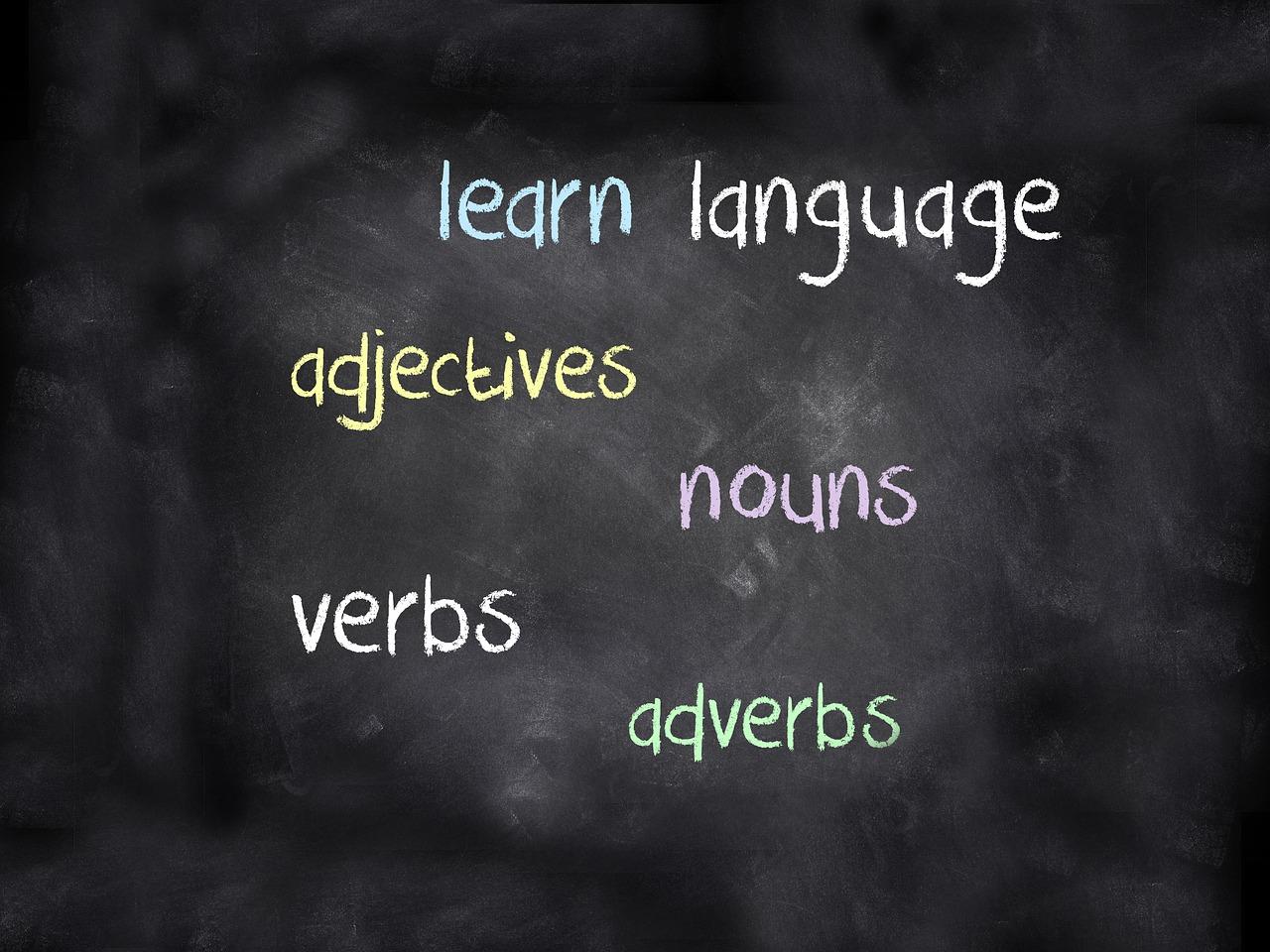New code of conduct for languages: most bachelor’s programs will remain Dutch

In the new code of conduct, bachelor’s and master’s programs are clearly separate. Whereas the main language used in master’s programs will usually be English, the bachelor’s programs will remain mostly taught in Dutch. Next month, the code of conduct will be presented to the university council for approval.
This starting point won’t mean that bachelor’s programs aren’t allowed to offer English language courses with English exams. It doesn’t mean bachelor’s studies are forbidden from choosing English, either. Studies that want to do so, need to be able to show the English is ‘functional’, for instance because it’s an international discipline, or because the job market the program leads to is very international.
The UU currently has nine English language bachelor’s programs. The most recent Strategic Plan mentions the expectation that this number will grow.
The code of conduct states that Dutch language bachelor’s programs will also need to work on their students’ English proficiency. After three years, the students’ language proficiency will need to be high enough to be able to do an English language master’s program without difficulty. The bachelor’s programs are free to find their own solutions in how to improve their students’ English. Options are offering an English language minor, or offering more English courses in more advanced years.
A university’s code of conduct for language is required by the higher education law. The current UU code dates from 2004, and was seen by many as outdated. Public debate about the consequences of English in higher education and worries about the qualities of English education mean that many universities face increased pressure to form a clear policy and vision.
The new UU text is mostly based on a report by an advisory committee led by (now emeritus) professor Rob van der Vaart. He offered several recommendations for the university’s language policies last year. Parts of his recommendations have already led to increased attention to English proficiency of both students and teachers.
The code of conduct attempts to clarify which considerations can play a part in the choice for a study’s language. It also tries to offer students and employees increased transparency about the languages used within specific study programs and specific courses. A program’s official language will need to be registered in the Educational and Exam Regulations, the code says. The language used in a study program, in exams and in specific courses will also need to be mentioned explicitly in the university’s Education Catalogue.
(Translation: Indra Spronk)